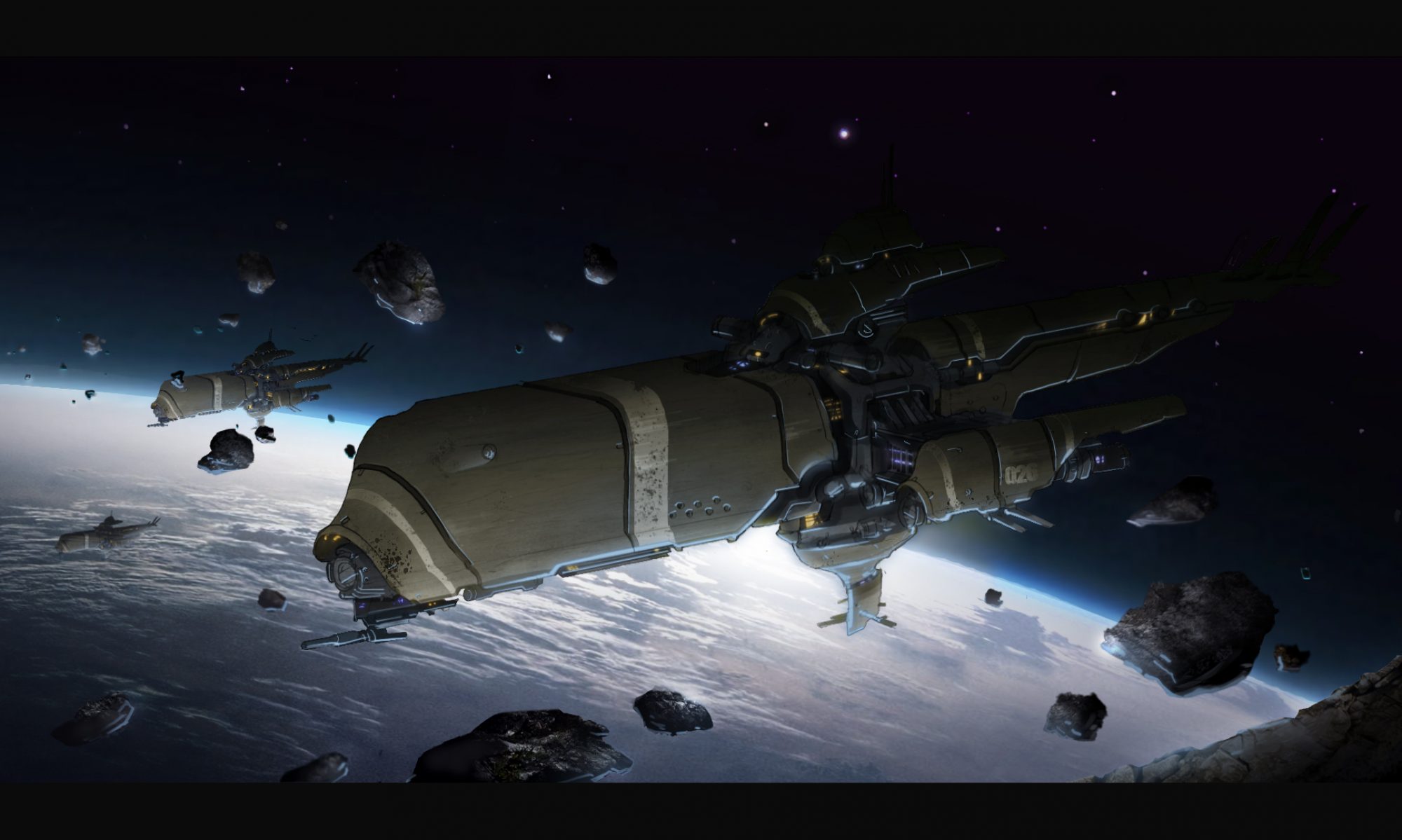Plots and schemes. Those things that people come to games for. Here’s some information on our opinions on plot.
No railroads
We dislike railroads in plot. The idea that plot cannot be changed, that the outcome of the event is inevitable – these are things we discourage. There will be set pieces at our events and some aspects of events cannot easily be changed by players, but the idea is that if something can be mutable, it should be.
An example of the kind of thing that may be relatively static would be the arrival of the aliens chasing your fleet. It is inevitable that they will arrive at some point over the weekend. It might be a scout ship arriving halfway through while you still desperately need to gather resources, or it could be the entire fleet arriving thirty seconds before time out. They will arrive at some point. That isn’t to say it can’t be changed. Player action can change the timescales involved. Perhaps you dedicate resources to the engines so you go faster than anticipated and have more time on-world than expected. Perhaps you somehow manage to open communications and delay their attack. There are ways to alter the effects of even that most static plot note.
At the end of the day, plot should adapt to the actions of the players, and the players should ultimately be the final arbiters of the outcome of the plot.
Many hooks reap more fish
This one should be simple enough to explain: the more opportunities there are for plot, the more likely it is that people will grab them.
It is inevitable that players will miss plot drops you’ve put into the game. Maybe they don’t find the artifact that clues them in, or maybe someone squirrels it away for themselves, or maybe no one was that interested in a shiny statue. The more plot hooks you put into a game, the more likely it is that there will be one that someone will find interesting.
Failure is always an option
When you ignore the wrong plot, things go badly. Some plots are consequence-free, others are not. The solutions will not be spoon-fed, and NPCs will not jump in to save the day if you get something wrong.
If we run a plot that has consequences for failure, we will see those consequences through to the end. It is important that the successes of the characters are also the successes of the players, and that the players feel like they actually impact the world. If you always win eventually and there’s no consequence to screwing up, then you’re in Star Trek, not No Heaven.
The players are in charge
This is a tricky one, but I want to borrow this one from Empire. At the beginning of the game, the NPCs will be in charge. There’ll be an NPC Admiral of the Fleet and some kind of Civilian Oversight person; maybe there’ll be one for each faction. At the end of the day however, we want the players to be making the decisions, not the NPCs. So we’re going to put the players in charge and let them run the show.
We don’t want to be seen like we’re managing the game or directing it, we want the players to decide the course of the game without interference. To borrow another term from Empire, our main NPC presence amongst the fleet will be advisors analogous to the Civil Service – people who are there to help run and administrate the fleet, but not people who are in charge of it.
Summary
We’re not perfect, and we’re going to get things wrong. But we’re also going to be trying to put together the best game we can and give our players the best experience they can have. We want our players to be engaged with the world not just because we’ve written a setting they want to play in, but because their decisions shape the world and the success or failure of the store depends utterly on their actions.
